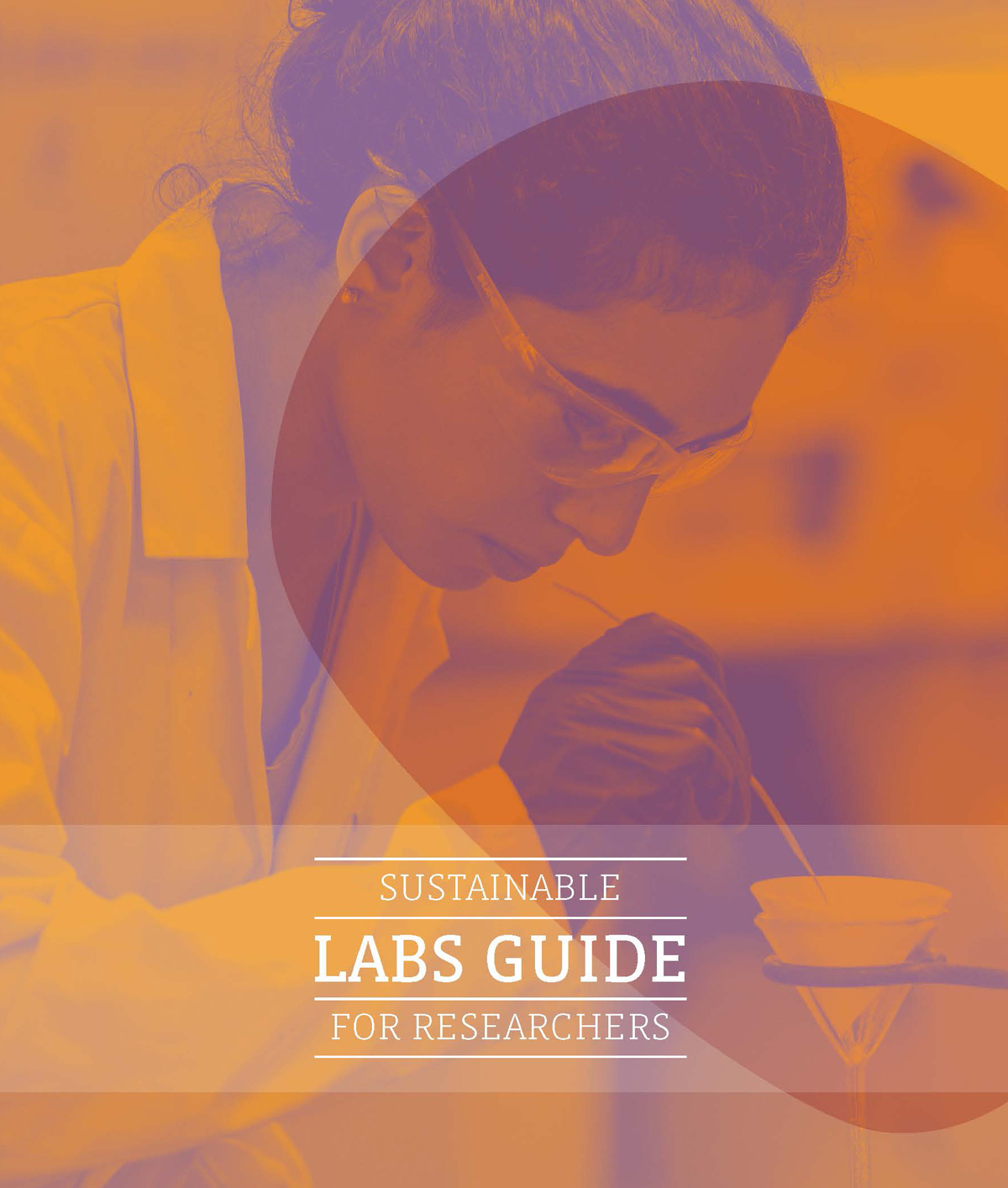Labs can use up to four times as much energy per square foot as a typical Canadian household. McGill’s Sustainable Labs Working Group (SLWG) recently launched the Sustainable Labs Award in May 2018 to recognize members of McGill laboratories who have made their labs more sustainable, and to help increase awareness of resource efficiency.
The Award is co-sponsored by the Vice-Principal (Administration and Finance), Yves Beauchamp, and the Vice-Principal (Research and Innovation), Martha Crago.
 The recipient(s) of the Sustainable Labs Award will have demonstrated how their practices align with McGill’s Vision2020 Climate and Sustainability Action Plan, which lays out a framework for achieving the highest possible standard of sustainability on the campuses. Recipients will also have demonstrated leadership, inspiring others to join the movement to make campus lab practices more sustainable.
The recipient(s) of the Sustainable Labs Award will have demonstrated how their practices align with McGill’s Vision2020 Climate and Sustainability Action Plan, which lays out a framework for achieving the highest possible standard of sustainability on the campuses. Recipients will also have demonstrated leadership, inspiring others to join the movement to make campus lab practices more sustainable.
The nomination period for the inaugural award is still open and applications will be accepted until June 29, 2018, covering sustainable lab practices put into effect during the period of May 1, 2017 to April 30, 2018. Any individual lab or group members of an individual lab subject to inspection by McGill’s Environmental Health and Safety (EHS) office are eligible for the award. The Sustainable Labs Award Review Committee will select winners based on three criteria: 1) the latest EHS inspection results, 2) adoption of best practices identified in McGill’s Sustainable Labs Guide (such as energy efficiency and green chemistry), and 3) innovative sustainable lab practices that exceed the initiatives identified in the McGill Sustainable Labs Guide.
The award will be presented to the winner(s) at an awards ceremony during McGill’s annual Safety Week in September 2018.
The Research Support Fund, a federal grant that assists universities with operating expenses, commonly known as indirect costs, supports this initiative, in part. Indirect costs are the ongoing, necessary operating expenses that support research, but cannot be wholly attributed to one research project.
